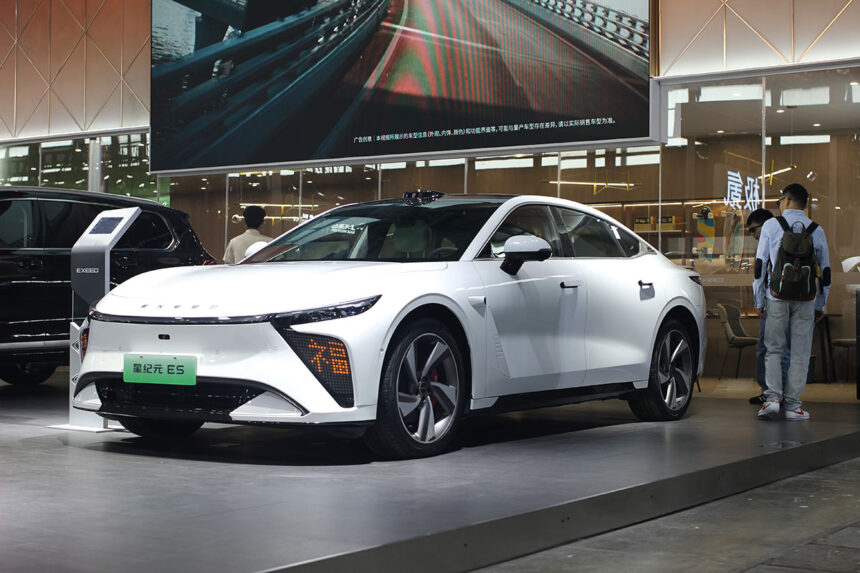Chinese automakers, including BYD, SAIC, and Geely, were instructed to halt their plans for heavy-asset investments such as establishing factories in European countries that support additional tariffs on China-made electric vehicles (EVs). This directive was given at a meeting on October 10 by the Commerce Ministry, as reported by Reuters.
According to the report, China has urged its automakers to refrain from making large-scale investments in European countries that backed the proposal for tariffs on Chinese EVs. Ten EU members, including France, Poland, and Italy, voted in favor of the tariffs, while five, including Germany, opposed them, and 12 abstained from voting.
The European Commission initiated an anti-subsidy investigation on October 4, 2023, into the imports of EVs from China, alleging that they benefit from unfair state subsidies that distort the European market. Subsequently, on October 4 of this year, EU member states voted to impose additional tariffs on Chinese EV imports.
On October 29, the European Commission announced the closure of its investigation and the decision to proceed with imposing additional tariffs for a duration of five years. These tariffs will be in addition to the original 10 percent, with varying rates for different EV manufacturers – 7.8 percent for Tesla, 17.0 percent for BYD, 18.8 percent for Geely, and the highest at 35.3 percent for SAIC Motor.
SAIC is currently in the process of selecting a location in Europe for an EV factory and plans to open a second parts center in France to meet the rising demand for MG-branded cars. Additionally, the Italian government is engaged in discussions with Chinese automakers like Chery and Dongfeng Motor regarding potential investments.
The directive from the Commerce Ministry underscores China’s ongoing negotiations regarding tariff alternatives with the European countries in question. Foreign automakers present at the meeting were advised to exercise caution when investing in countries that abstained from voting and were encouraged to consider investing in countries that opposed the tariffs.
In conclusion, the automotive industry is witnessing significant developments as trade tensions and tariff implications shape investment decisions in the global market. Chinese automakers are navigating these challenges while exploring opportunities for growth and expansion in key regions like Europe.







